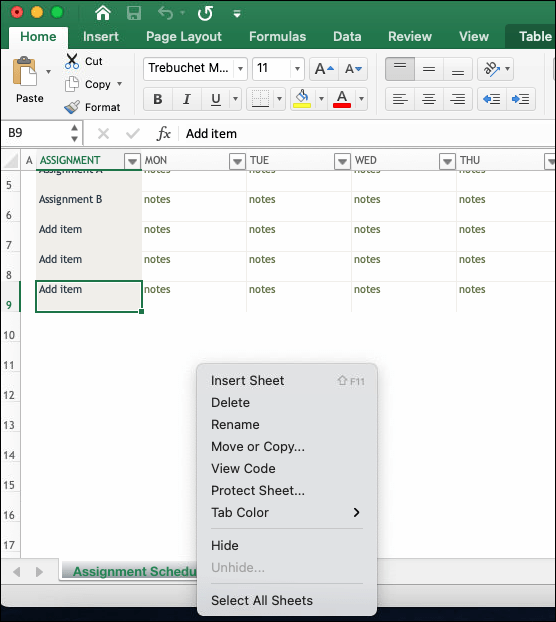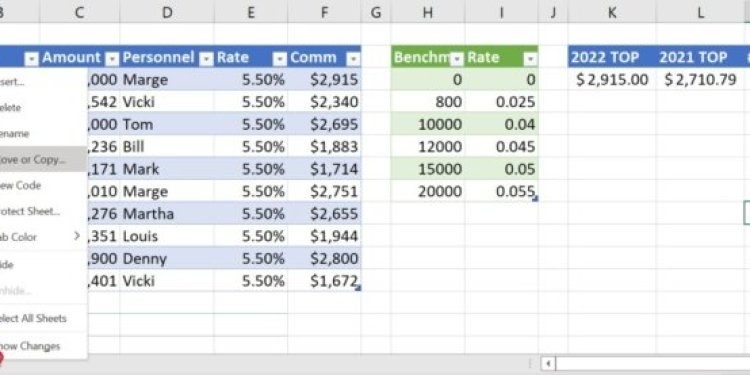5 Simple Steps to Copy Excel Sheet to PowerPoint

Integrating Excel with PowerPoint can significantly enhance your presentations, making your data more engaging and visually appealing. If you're looking to incorporate tables or charts from an Excel sheet into your PowerPoint slide deck, the process can be streamlined into five straightforward steps. Let's dive into how you can seamlessly copy your Excel data into PowerPoint:
Step 1: Open and Prepare Your Excel Sheet

Start with the source of your data:
- Open your Excel file containing the data you wish to transfer. Ensure that the workbook is saved to avoid any data loss.
- Select the cells, table, or chart you want to copy. If you’re copying an entire worksheet, click the corner of the workbook to select all.
📌 Note: Make sure your Excel file is well-organized for a seamless integration.
Step 2: Copy the Excel Data

Now that you have the Excel data ready, you need to copy it:
- Right-click on the selected area and choose “Copy” or simply press Ctrl + C (or Command + C on Mac).
- Make sure to capture any formatting that is critical to your presentation.
Step 3: Open Your PowerPoint Presentation

With your data copied, open or create the PowerPoint presentation where you want to include this data:
- Go to the slide where you wish to add the data.
- Ensure there’s enough room for the Excel content or create a new slide if necessary.
Step 4: Paste the Excel Data into PowerPoint

Now, you will paste the copied data into PowerPoint:
- Select the slide where you want to paste the data.
- Right-click and choose “Paste” or use Ctrl + V (or Command + V on Mac).
- You might want to choose from several paste options:
| Option | Description |
|---|---|
| Use Destination Theme | Adopts PowerPoint’s theme. |
| Keep Source Formatting | Retains Excel’s original formatting. |
| Embed | Allows dynamic updates to Excel data from PowerPoint. |
| Link Data | Keeps data linked to the source Excel file; changes are reflected in PowerPoint. |

🛑 Note: Using the "Link Data" option means your PowerPoint presentation will update with any changes made in the Excel file.
Step 5: Adjust and Refine in PowerPoint

Your data is now in PowerPoint, but you might want to make some final adjustments:
- Reshape the object by dragging its corners to fit the slide.
- Adjust the object’s position on the slide for better layout.
- Make any necessary tweaks to the fonts, colors, or chart styles to match your presentation’s style.
By following these five steps, you can effectively transition from Excel to PowerPoint, ensuring your data looks professional and fits perfectly within your presentation context.
In wrapping up, copying data from Excel to PowerPoint enriches your presentation by allowing you to leverage Excel’s data manipulation capabilities while benefiting from PowerPoint’s dynamic presentation features. Remember to keep your Excel source file accessible if you’ve linked data, and always check the final appearance in your presentation to ensure consistency and readability.
Can I paste Excel data as a picture into PowerPoint?

+
Yes, you can paste Excel data as an image by choosing the “Picture” paste option in PowerPoint. This method is useful for static presentations where updating the data is not a requirement.
What happens if I update the Excel file after linking it in PowerPoint?

+
If your data is linked, any changes made in the Excel file will automatically reflect in your PowerPoint presentation after you open or update the file. You can manually update the link by going to “File” > “Edit Links to Files” in PowerPoint.
How do I keep the source formatting when pasting into PowerPoint?

+
Choose the “Keep Source Formatting” option when pasting. This ensures that the Excel data maintains its original appearance in PowerPoint.